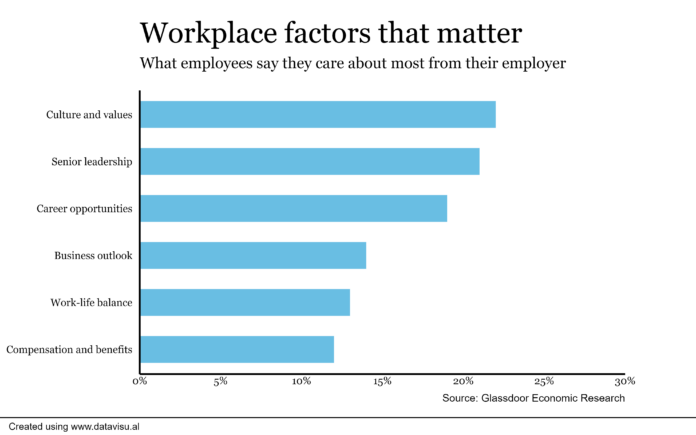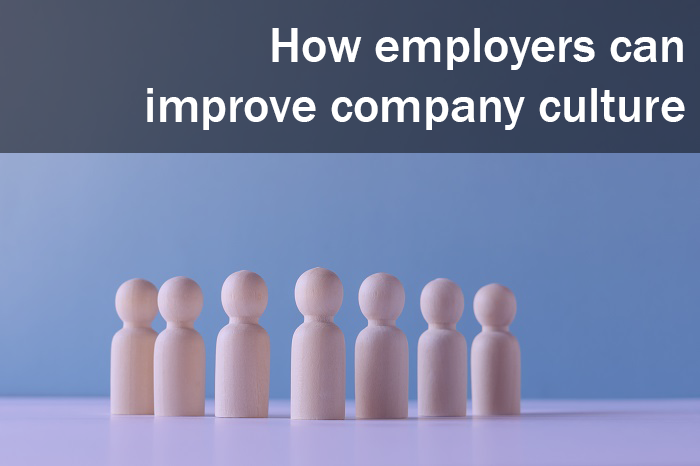It is not a stretch to say that employees nationwide have faced unprecedented stress over the last nine months that has exacerbated mental health issues in today’s workplace, wherever that might be.
For example, many frontline workers are concerned about their health risks on the job, while other employees have had to adjust to working from their kitchen tables, and yet others are navigating remote work while attempting to support virtual learning for their children.
According to a new report, How HR Can Promote Mental Health at Work, from HCM provider Paycor, a vast majority (86%) of business leaders say they are “concerned” about mental health in the workplace due to the ongoing pandemic.
Spring HR Tech is coming soon. Click HERE to register.
While workplace mental health has been a focus for some time, the crisis is reaching an inflection point. For instance, according to the Centers for Disease Control, one in five American adults will have a diagnosable mental health condition in any given year. And Gallup reports 67% of U.S. workers say they’re burned out.
“Everyone has been impacted differently by COVID-19,” says Karen Crone, chief HR officer at Paycor. “Employees are adjusting to new work/life situations while balancing concern for their loved ones and supporting their families.”
See also: Expert advice to help HR focus on Black mental health after Capitol riots
And while HR leaders are on the front lines of addressing employee wellness, Crone says, mental health can still be taboo or, at best, reluctantly discussed. With that, Paycor’s report offers four strategies designed for HR leaders looking to help employees thrive during these highly stressful times.
Key action steps in the report include:
- Embrace empathetic leadership: The report spells out that a culture of self-care starts at the top. Effective HR teams proactively create a company culture that encourages psychological wellbeing.
- Engage employees, wherever they are: Often, the problem isn’t too much work, it’s a lack of control over that work. Employees need engaging work to give purpose and fulfillment. Colleagues are also important–tight bonds can offer an important sense of community in tough times.
- End the stigma of mental illness: Taking mental health seriously means knowing that, as an HR leader, you can’t magically solve any problem, much less a mental illness. But HR leaders do have the power to end the stigma by creating an open, inclusive and safe work environment and hosting conversations that don’t cross boundaries.
- Leverage benefits to make a difference: Clearly, benefits aren’t one-size-fits-all, and traditional offerings may not address today’s reality. In fact, 45% of HR leaders aren’t sure what, if any, benefits they could offer that might help, according to the research. Talking to the right healthcare broker can help HR leaders think about wellbeing more holistically, including physical, emotional and financial health.
“HR leaders are in a unique position when we help our employees find new ways to work and interact while also acknowledging and supporting their mental health and wellbeing,” Crone says.
Read more from Paycor’s Karen Crone: What HR crises of the past can teach us about the present, future





